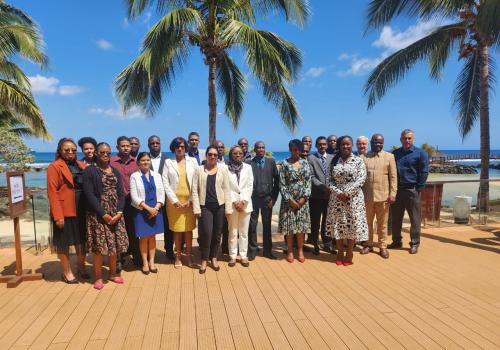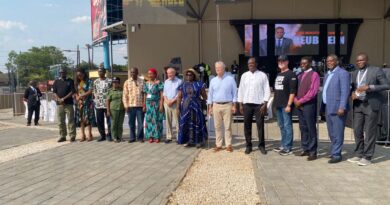SADC Workshop on Supply-Use Tables Enhances Regional Capacity for Economic Analysis
The SADC Regional Training Workshop on Supply-Use Tables (SUTs) for National Accounts is currently underway in Mauritius from September 23 to 27, 2024. This initiative, funded by the World Bank as part of the Regional Statistics Project, brings together statisticians from across the Southern African Development Community (SADC) to enhance their skills in compiling SUTs, essential tools for economic analysis and policy planning.
SUTs provide a comprehensive overview of the movement of goods and services within an economy, bridging crucial data on production, trade, and consumption. Such detailed economic insights are vital for understanding both regional and national value chains, enabling evidence-based decision-making.
In his opening remarks, Mr. Jagai Deepchandsingh, Senior Officer for Statistics at the SADC Secretariat, underscored the importance of SUTs in ensuring accurate and harmonized national accounts.
He emphasized that these tables provide a clear depiction of how goods and services are produced and consumed within SADC Member States, offering critical data to monitor industrial activities, trade flows, and overall economic performance.
The workshop aims to build technical capacity among participants while fostering collaboration between statisticians and economists. This partnership seeks to align statistical methodologies with economic analysis, enabling the region to better measure and monitor key growth drivers, including manufacturing, services, and trade, as well as enhancing priority regional value chains.
Mr. Calicious Tutalife, Senior Programme Officer for Value Chains at the SADC Secretariat, highlighted the indispensable role of SUTs in understanding regional value chains. His presentation illustrated how national accounts data can drive policies that support regional trade, industrialization, and economic integration.
The insights garnered from this workshop are expected to fortify national statistical infrastructures across SADC countries, empowering them to produce more consistent and comparable SUTs. A robust statistical foundation will better equip SADC to accurately measure economic performance and enhance regional trade and investment planning.
Source: SADC



